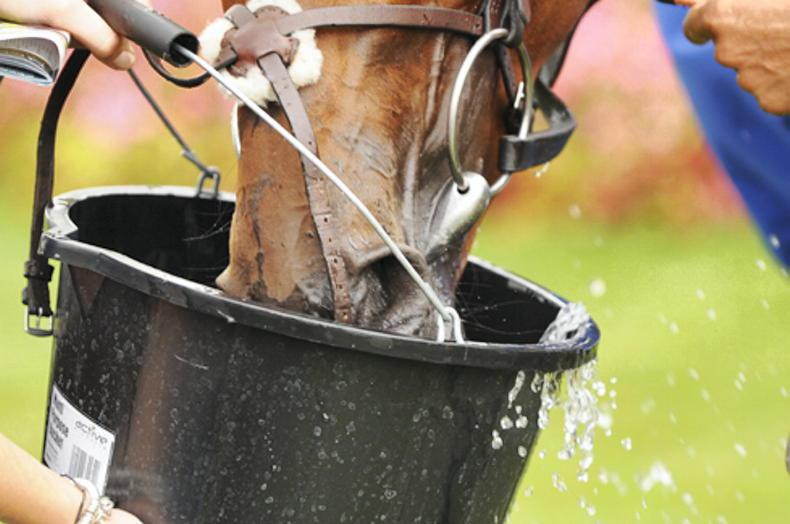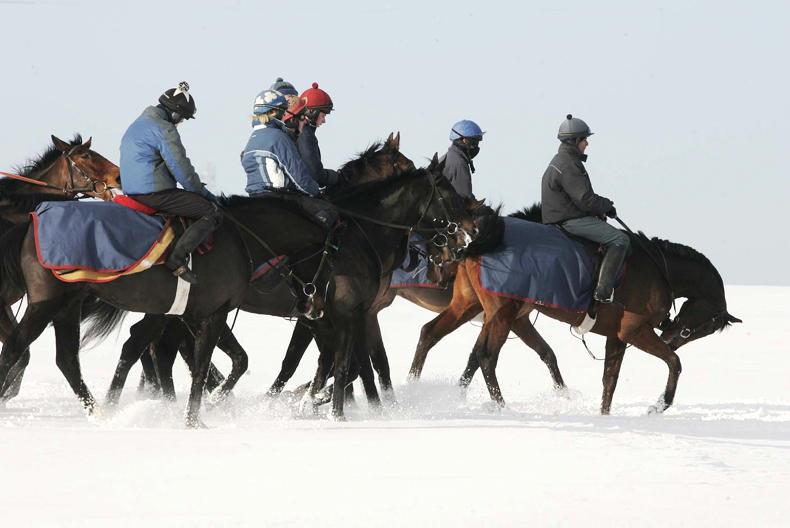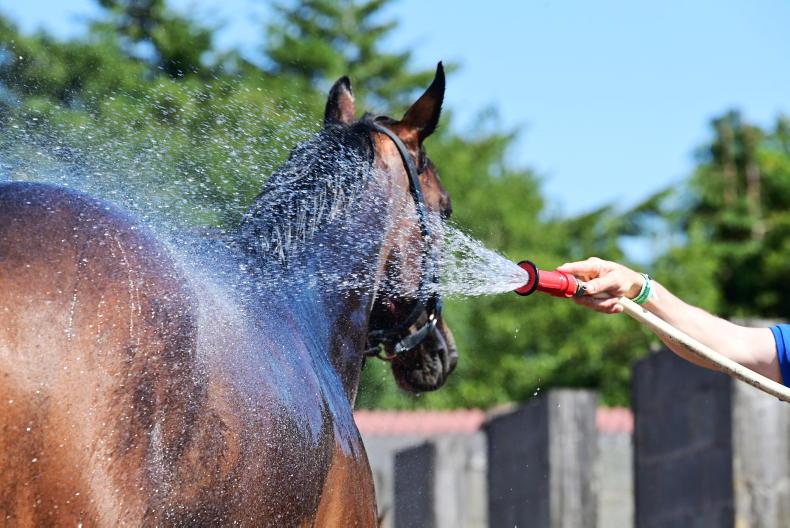HUMAN health precautions and regular checking of animals is advised with the increased temperatures over the coming days. With temperatures to pass 30°C this weekend and exceed 25°C for several days in succession, there are a number of steps farmers and equestrians should take to ensure their own and their animal’s health and safety in the hot weather.
Heat stress could become a serious factor not only for animals, but also for people working during peak daytime temperatures. As people who work with animls we tend to often put the health of our livestock first, but it is important that health and safety of anyone working with animals is given equal concern. Farmers are advised to apply sun cream regularly throughout the day, stay well hydrated and take regular breaks to avoid exhaustion.
Top tips whilst working
Symptoms of
heatstroke in humans
Cool down as quickly as possible if you have these symptoms. Ring your doctor or pharmacist if you are worried. Ring 999 if the person has collapsed.
Animal Concerns
Heat stress is particularly a risk in young animals exposed to peak temperatures without any access to shelter facing the greatest risk. Important visible signs of heat stress include:
Transporting
With temperatures forecast to reach close to 30°C this could present challenges and risks for animals transported in trailers.


 This is a subscriber-only article
This is a subscriber-only article
 It looks like you're browsing in private mode
It looks like you're browsing in private mode









SHARING OPTIONS: